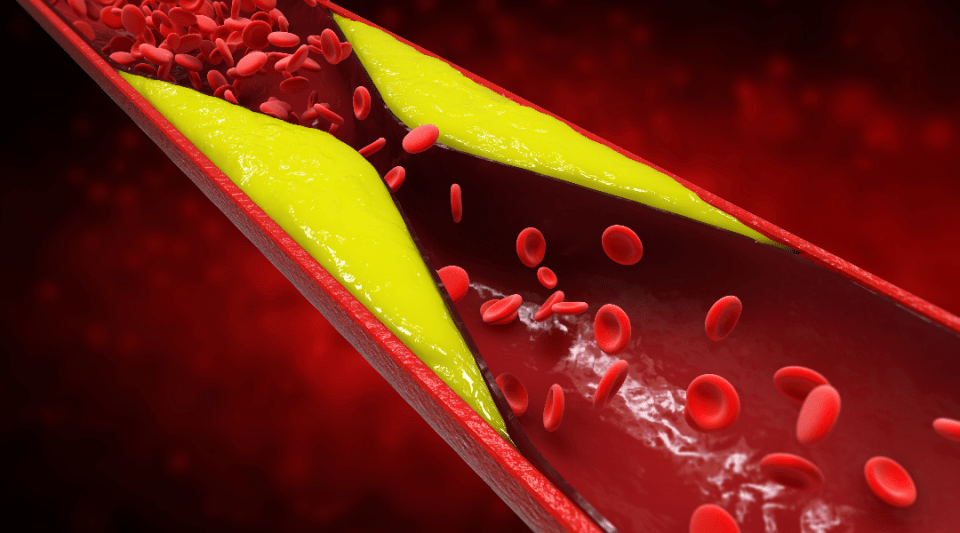Is there a cholesterol vaccine? The answer is yes and no. There is no vaccine as such, understood as a biological product that contains a virus or bacteria and is administered to prevent diseases, that acts against cholesterol. But there is an injectable drug, called inclisiran, which has recently been approved by the Spanish medicines agency.
Although it may be misleading, the drug has been referred to popularly as a cholesterol “vaccine”, due to its long-term action, up to six months after administration, and its mechanism of action, which is suggestive of the recent RNA vaccines against COVID-19.
Research into drugs that help prevent cardiovascular diseases has made some very significant advances in recent years. A high LDL (“bad”) cholesterol level, along with smoking, is the biggest risk factor contributing to the development of atherosclerosis and cardiovascular diseases. Thus, reducing its concentration in the blood, whether already high or not, is one of the strategies that has shown the greatest benefit in the prevention of these diseases.
Recently, there have been reports of cholesterol “vaccines” or genetic modification treatments for people with hypercholesterolaemia (high blood cholesterol levels) or who have had cardiovascular problems. In both cases, the mechanism to reduce LDL cholesterol is to reduce blood concentrations of a protein that is produced mainly in the liver, called PCSK9.
When the levels of this protein in the blood are high, the receptors responsible for cleaning LDL cholesterol from the blood are destroyed and cholesterol levels increase. However, when PCSK9 levels are low, these receptors have “several lives”, which helps keep cholesterol levels lower.
Objective: reduce PCSK9 concentration in the blood
A few years ago, a race began to find drugs that could reduce the PCSK9 concentration in the blood and, thus, reduce LDL cholesterol and cardiovascular risk.
One of these drug types is anti-PCSK9 monoclonal antibodies (evolocumab and alirocumab). These are powerful, but safe, injectable drugs administered once every two weeks or every month that block the circulation of PCSK9 proteins. This reduces LDL cholesterol concentrations by 50-60% as well as the risk of cardiovascular events, such as a heart attack or stroke.
Another drug is inclisiran, which is popularly known as a cholesterol “vaccine” because it is injectable and works for up to six months after administration. Just two doses of this drug a year reduce cholesterol by about 50%. Its mechanism of action is reminiscent of the recent RNA vaccines against COVID-19. RNA is a copy of a gene that contains the instructions for making a protein.
In the case of COVID-19 vaccines, a laboratory-synthesised copy of the viral RNA is administered, which allows this virus to produce a specific protein. After being injected into a person, the RNA puts the cells to work to produce that same protein. When this protein reaches the blood, it is recognised as foreign by our defence system, which produces antibodies against it.
In the case of inclisiran, the opposite occurs. This drug blocks the RNA our body uses to produce PCSK9; this results in a reduced concentration of PCSK9, which in turn reduces the LDL cholesterol concentration.
INFORMATION DOCUMENTED BY:
Dr. Emilio Ortega, endocrinologist at the Endocrinology and Nutrition Service, Hospital Clínic Barcelona.






